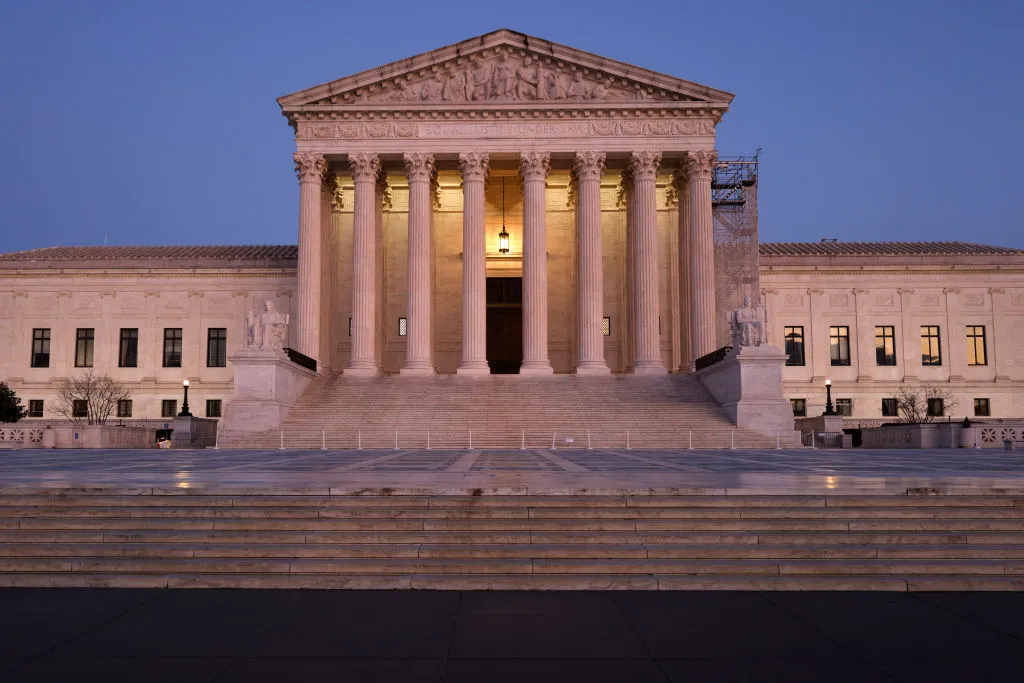Trump again asks Supreme Court to let him end protected status for Venezuelans


Four months after the Supreme Court granted the Trump administration’s request to pause an order by a federal judge in San Francisco that had temporarily barred the Secretary of Homeland Security, Kristi Noem, from ending the protected status of hundreds of thousands of Venezuelan citizens living in the United States, the Trump administration returned to the high court. In a 26-page filing, U.S. Solicitor General D. John Sauer asked the justices to block a final ruling by Senior U.S. District Judge Edward Chen in favor of the challengers while the government appeals. Sauer wrote that the case “involves the increasingly familiar and untenable phenomenon of lower courts disregarding this Court’s orders on the emergency docket.”
The program at the center of the case is known as the Temporary Protected Status program. Created in 1990, it allows the DHS secretary to designate a country’s nationals as eligible to stay in the United States and work when they cannot return to their home country because of a natural disaster, armed conflict, or other “extraordinary and temporary conditions” there. In 2021, Alejandro Mayorkas – then the DHS secretary – designated Venezuela under the TPS program; he later extended that designation.
The dispute arose when Noem announced that the TPS designation (and its extensions) would end for a group of over 300,000 Venezuelan nationals. In the lawsuit that ensued, Chen temporarily barred Noem from ending the protection, calling her conduct “unprecedented.”
When a federal appeals court in San Francisco turned down the government’s request to freeze Chen’s order while litigation continued, Sauer went to the Supreme Court, where he found more success. On May 19, the court issued a brief, unsigned order putting Chen’s order on hold. Justice Ketanji Brown Jackson was the only justice to publicly note that she would have denied the request.
Earlier this month, Chen issued a final decision in the case, concluding that Noem had acted unlawfully in terminating TPS and its extensions. Chen acknowledged that the Supreme Court had blocked his prior order, but he noted that “the Supreme Court’s order only concerns the preliminary relief ordered by this Court in postponing agency action. The Supreme Court’s order did not bar this Court,” Chen wrote, “from adjudicating the case on the merits and entering a final judgment issuing relief.”
Sauer told the court on Friday afternoon that Chen’s “new order expressly rests on the same flawed legal grounds as its predecessor—the one this Court stayed.” Therefore, he argued, when the Trump administration asked the lower courts to put Chen’s Sept. 5 order on hold, “this should have been an easy case.” “But this Court’s prior order makes the lower courts’ denial of a stay indefensible,” Sauer said. The failure to grant that stay, he wrote, “is the latest addition to an ongoing parade of lower-court decisions that have threatened ‘the hierarchy of the federal court system created by the Constitution and Congress’ by disregarding or defying this Court’s stay orders.”
Posted in Emergency appeals and applications
Cases: Noem v. National TPS Alliance, Noem v. National TPS Alliance